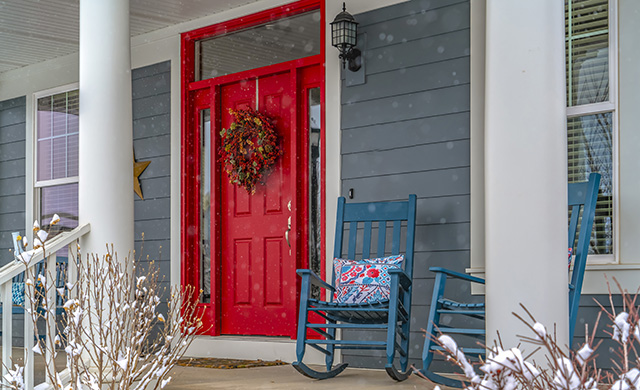Questions to Ask Before You Buy in an HOA
Texas REALTORS Staff2021-12-21T01:15:40-06:00Homeowners associations are intended to help protect property values and maintain a pleasant living environment. To accomplish those goals, they impose certain rules on residents. Here are four questions to ask before buying property in an HOA: Can You Afford It? HOAs are funded by member dues paid monthly, quarterly, or annually. It’s important that you know the cost of the dues and when they’re assessed so you can factor that amount into your budget. Also, note the rules and process regarding changing the dues. What are the Rules? All members of an association must adhere to a set of rules known as the covenants, conditions, and restrictions (CC&Rs). These rules regulate many facets of homeownership, such as lawn maintenance, architectural design, and where you can park vehicles. Review a copy of these documents—you don’t want to find out after closing that you can’t store your boat in your driveway. Which Amenities are Included? HOA dues are often used to maintain common areas and amenities, such as swimming pools and trails. These features may be selling points for you or you may not expect to take advantage of them. Understand what you’ll be paying for and note that even if you don’t use all the features, they could add to the property’s future resale value. Do You Want to Get Involved? Many homeowners associations welcome new volunteers for committees or their boards of directors. These can be great ways to meet your neighbors and keep on top of issues affecting your neighborhood. For more help learning about HOAs and deciding if a home is right for you, talk with your REALTOR®.










